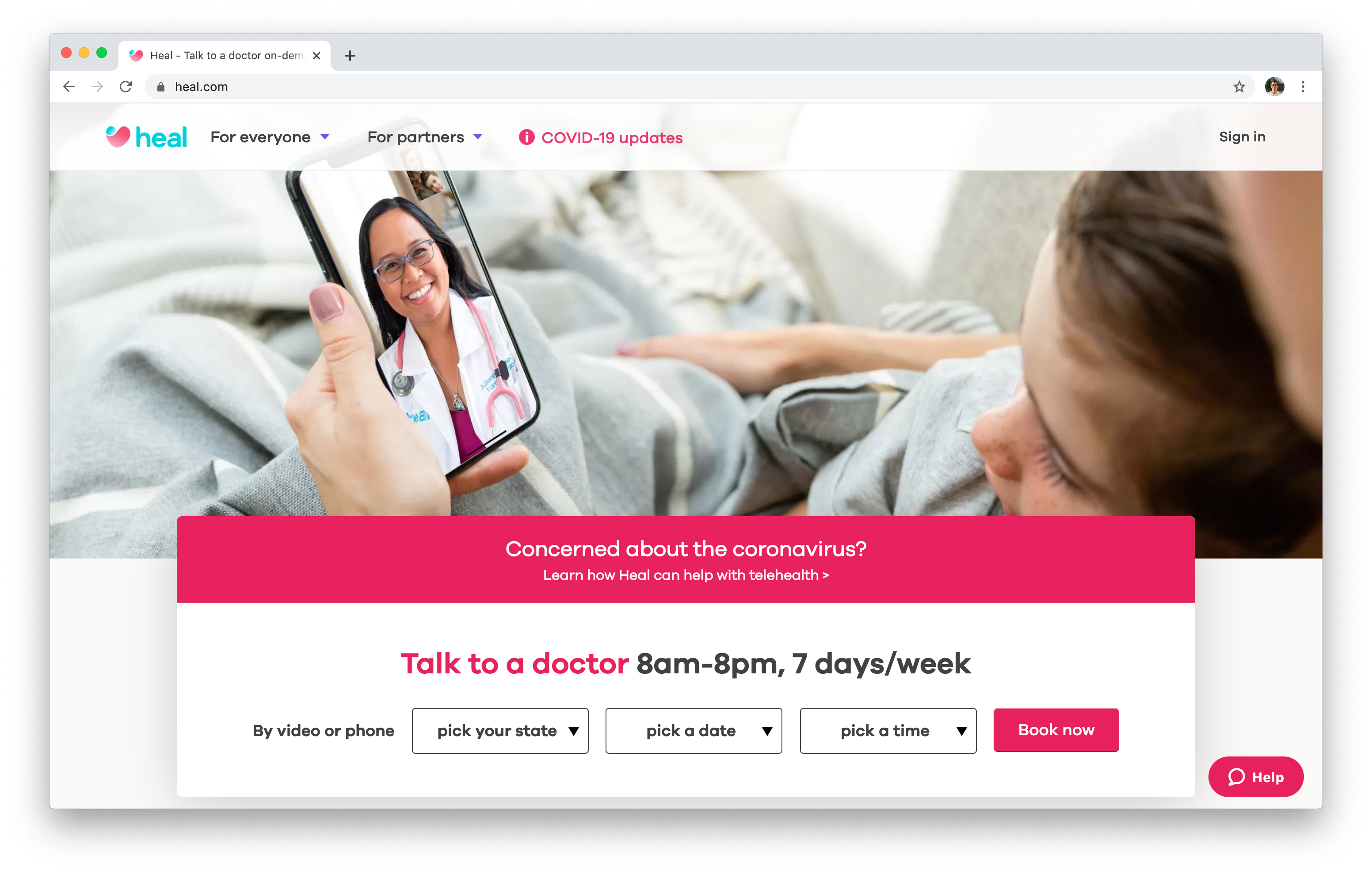The Increase of Subscription-Based Medical Care and Its Effect On Individual Treatment
As health care develops, the subscription-based model is gaining traction, promising to change individual treatment by supplying predictability and access. The capacity for these versions to improve medical care distribution increases pressing inquiries regarding their long-term sustainability and inclusivity. Are these membership services the future of healthcare, or do they take the chance of leaving prone populaces behind?
Recognizing Subscription Medical Care Models
Grasping the idea of registration health care models includes examining a transformative strategy to medical solutions that emphasizes cost and accessibility. These designs, commonly described as direct medical care (DPC) or attendant medication, have actually emerged as ingenious choices to conventional fee-for-service healthcare systems. Registration healthcare allows clients to pay a set monthly or annual cost for a defined set of medical solutions, which may consist of unlimited workplace brows through, regular check-ups, and basic lab examinations, without the demand for typical insurance billing.
The framework of membership health care designs is designed to streamline patient treatment by getting rid of third-party payers and complicated billing codes, consequently reducing administrative problems. Doctor can concentrate more on patient care, cultivating stronger patient-provider partnerships. This version additionally promotes preventative care by encouraging regular visits, as the financial obstacle of per-visit costs is removed.
The subscription model frequently equips medical care service providers to manage smaller sized patient panels, permitting even more personalized treatment. It aligns economic motivations with individual health end results, as providers are encouraged to keep client satisfaction and wellness. Overall, recognizing registration medical care designs needs acknowledging their possible to improve just how care is supplied and accessed.
Advantages for Suppliers and patients
With a steady income stream, healthcare professionals can commit more time to each individual, leading to a more thorough and individualized treatment experience. The emphasis on precautionary treatment within membership strategies can lead to better individual outcomes and reduced long-lasting medical care expenses.
Challenges and Problems
While subscription-based medical care versions existing countless benefits, they additionally come with a set of difficulties and worries that have to be resolved. This raises moral concerns regarding equitable access to health care services.
Financial sustainability of subscription-based versions is another worry. Suppliers need to stabilize the fixed revenue from memberships with the variable prices of healthcare solutions, which may change as a result of unpredicted medical needs. This can produce pressure to restrict solutions or rise charges, possibly affecting person contentment and care high quality.
Moreover, regulatory oversight of subscription-based healthcare designs is still evolving. The absence of standard structures can bring about inconsistent service high quality and liability, complicating efforts to make certain client security. The combination of innovation-- typically a keystone of these versions-- elevates concerns concerning data personal privacy and protection, as delicate patient information can be vulnerable to violations. Addressing these obstacles is essential for the effective and equitable execution of subscription-based medical care.
Influence On Patient-Doctor Relationships
One significant impact of subscription-based health care versions on patient-doctor connections is the potential for boosted continuity and personalized care. By embracing a subscription model, physicians can manage a smaller client panel, enabling more committed time with each individual. This boosted accessibility promotes a much deeper understanding of an individual's clinical read more background, way of living, and preferences, making it possible for a lot more customized treatment plans and treatments.

Nevertheless, it is necessary to recognize that while subscription-based versions may profit those who can manage them, they might inadvertently widen medical care variations. Individuals that are incapable to join these models may experience decreased access to personalized treatment, potentially influencing their connections with healthcare suppliers. Therefore, while the registration design view it offers encouraging advantages for patient-doctor connections, it likewise positions obstacles that require to be dealt with to make certain fair healthcare gain access to.
Future of Medical Care Accessibility

The duty of innovation can not be forgotten in this improvement. Telemedicine platforms and electronic health documents assist in seamless communication between individuals and doctor, breaking down logistical and geographical obstacles. Furthermore, improvements in expert system and information analytics can further customize healthcare by forecasting person demands and enhancing treatment strategies.
Nevertheless, the future of medical care gain access to likewise offers obstacles, such as making sure equity across different socio-economic teams. Policymakers and healthcare carriers must team up to link the digital divide, making sure that subscription-based designs continue to be inclusive and budget-friendly. As these systems grow, they hold the guarantee of making medical care more accessible, reliable, and patient-centric.
Conclusion
Subscription-based healthcare models are reshaping individual care by offering a stable expense framework and boosting accessibility. These models enhance patient-provider relationships via individualized treatment and routine sees, stressing preventative health. In spite of these benefits, challenges such as accessibility issues for low-income populaces and the demand for equitable medical care options linger. The rise of subscription-based medical care encourages aggressive client engagement, which has the possible to boost patient end results and contentment, signifying a transformative shift in medical care shipment.
As healthcare evolves, the subscription-based design is getting grip, assuring to transform person treatment by supplying predictability and access.Subscription-based medical care models provide distinct advantages for both patients and carriers, enhancing helpful resources the total healthcare experience.As health care systems progress, the future of healthcare access regularly pivots on the assimilation of cutting-edge models and technologies.Subscription-based medical care designs are improving patient treatment by offering a stable expense structure and enhancing accessibility. The surge of subscription-based health care motivates proactive client involvement, which has the potential to improve individual end results and complete satisfaction, signaling a transformative shift in healthcare shipment.